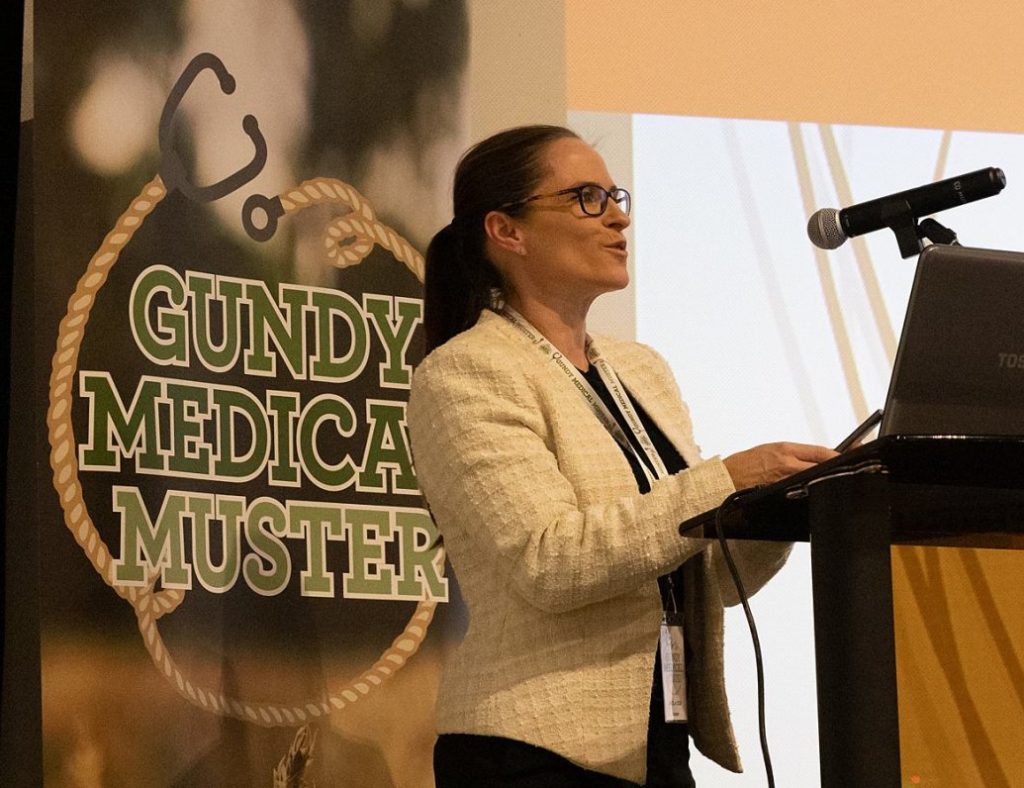July 17, 2021
Legislation to cut red tape for GPs
Legislation to cut red tape and simplify recognition of General Practitioners as specialists received Royal Assent on 16 June 2020.
Under new arrangements, general practitioners’ (GPs) access to Medicare is determined by their registration status with Australian Health Practitioner Regulation Agency (AHPRA). Medical practitioners who are awarded Fellowship as a GP no longer need to make an application to Services Australia to access Medicare rebates.
The new process allows Services Australia to use the AHPRA register of medical practitioners to determine access to GP rebates through an automatic data feed.
From 16 June 2021, the definition of general practitioner in the Health Insurance Act 1973 will align with the National Registration and Accreditation Scheme that provides consistent professional standards for registration in the medical profession across all states and territories.
The Royal Australian College of General Practitioners (RACGP) and the Australian College of Rural and Remote Medicine (ACRRM) continue to perform the crucial role of setting professional standards for the specialty of general practice in Australia and work with the Medical Board of Australia (MBA) to ensure continuing quality in general practice.
The legislation change does not impact Medicare eligibility for international medical graduates or on Australian trained graduates who are on a workforce program or a GP training pathway with either the Australian College of Rural and Remote Medicine (ACRRM) or the Royal Australian College of General Practitioners (RACGP).
The Ahpra supports the MBA and maintains an updated register on all medical practitioners.
The Transition Period for the new legislation commenced on 16 June 2020 and will continue until 15 June 2021. Medical practitioners who need to gain specialist registration with the MBA, or regain access to the vocation register, will need to do so prior to 15 June 2021.
The department is working with the RACGP, ACRRM, the MBA, AHPRA and Services Australia to communicate these changes to affected GPs to ensure a smooth transition to the new arrangements.
Services Australia will contact any medical practitioners who may be impacted by these changes.
General Practitioner Fellowship
Fellowship is the qualification that the MBA uses for determining specialist registration and is attained through either RACGP or ACRRM.
A GP is someone who has achieved a Fellowship with the relevant college, and is registered with the MBA as a specialist in the field of general practice.
The RACGP and ACRRM continue to have a critical role in the process for Fellowship determination for general practice; the provision and access to high quality continuing professional development opportunities; and the promotion of general practice services.
There are some GPs who hold fellowship with RACGP or ACRRM who will need to apply for specialist registration with the MBA to maintain access to higher GP rebates.
Ongoing Access to Medicare Rebates
A GP’s ongoing access to Medicare will be determined by their continued registration status with AHPRA.
Medical practitioners who currently receive higher rebates through the vocational register will continue to do so.
New grandfathering arrangements will ensure that GPs who are on the vocational register and who do not hold registration status as a specialist GP maintain their current Medicare eligibility.
The grandfathering allows GPs who were on the vocational register to regain access to higher rebates for GP Medicare items provided they:
- hold general registration as a medical practitioner under the Health Practitioner Regulation National Law; and
- meet the continuing professional development requirements of the RACGP or ACRRM for the 2017-2019 triennium.
Continuing Professional Development
All existing Continuing Professional Development (CPD) requirements remain in place until 16 June 2021. At present GPs who are fellows of the Australian College of Rural and Remote Medicine or the Royal Australian College of General Practitioners must meet the CPD requirements set by those colleges to maintain their registration as a general practitioner. These CPD requirements can be met by participating in educational events run by the colleges or events run by other education providers that have been accredited by the colleges. GPs can also study independently and apply to the college for recognition of that study towards their CPD.
Compliance with CPD for GPs will be in line with other specialties and will be monitored by the MBA.
The MBA is responsible for setting standards for continuing professional development for all doctors. This includes a declaration at annual renewal of their registration indicating their compliance with continuing professional development requirements; and includes random audits of practitioner’s portfolio of evidence. The changes to the Health Insurance Act 1973 do not change these requirements which are set by the MBA for registration purposes. The changes to the Act simply mean that GPs do not need
to rely on colleges to confirm their compliance with CPD requirements in order for their patients to receive full Medicare rebates. Instead, the information will be provided directly to Medicare by the Board (from 16 June 2021) using its registration data.





